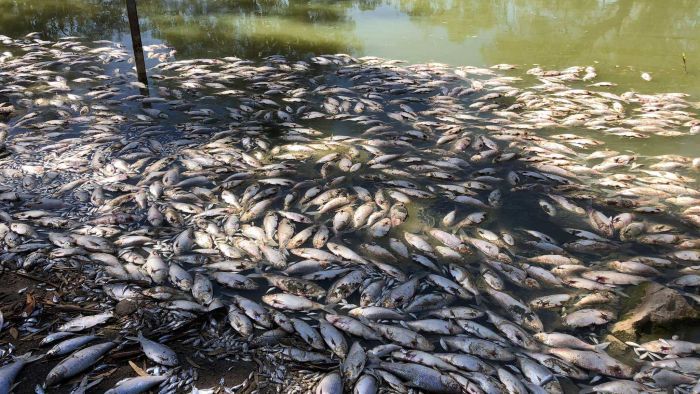Heather McGinness, a senior scientist with the Commonwealth Scientific and Industrial Research Organisation (CSIRO), told the Australian Broadcasting Corporation (ABC) on Monday that the National Carp Control Plan (NCCP) could cause "population crashes" among waterbird species.
If it goes ahead, the NCCP would see a herpes virus specific to carp released into waterways where the pest is considered detrimental to the environment.
However, McGinness said that releasing the virus at the wrong time of year could be devastating for waterbirds.
"When there is a big loss and a sudden loss of a certain fish species, waterbird populations can have big population crashes and failed breeding events," she said.
"Carp, we think in some areas of the Murray Darling Basin, are now about 80 or 90 percent of the biomass of fish that are in our system and that's a huge percentage.
"It's highly likely that our waterbirds and other animals that consume fish have had to switch their diet and eat carp because their native fish diet has basically disappeared."
Invasive carp are a major problem in the Murray and Darling Rivers, which together make up the Murray-Darling Basin, the nation's most significant agricultural area.
Scientists have previously expressed concerns that a massive fish kill would cause the quality of water in the rivers to decline significantly.
"We do need more investigation into potential impacts on things other than fish and water quality... that includes fish consumers and things that live in the water that will be affected by this mass fish death," McGinness said.
"If you get a massive water quality decline that will effect things like crustaceans, mussels and other invertebrates and those are also food sources for waterbirds."
More about: Australia
















































